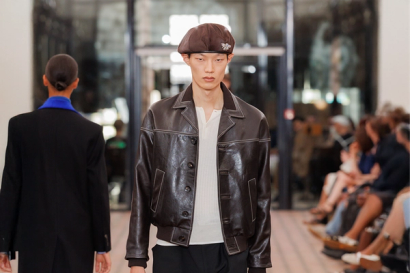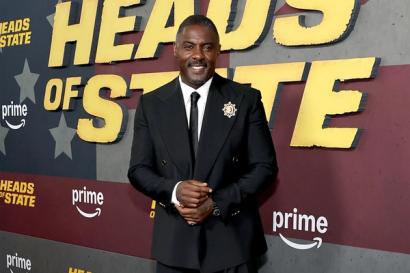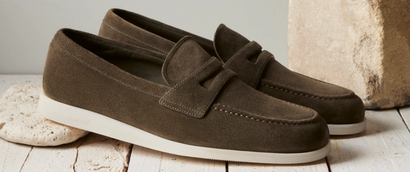
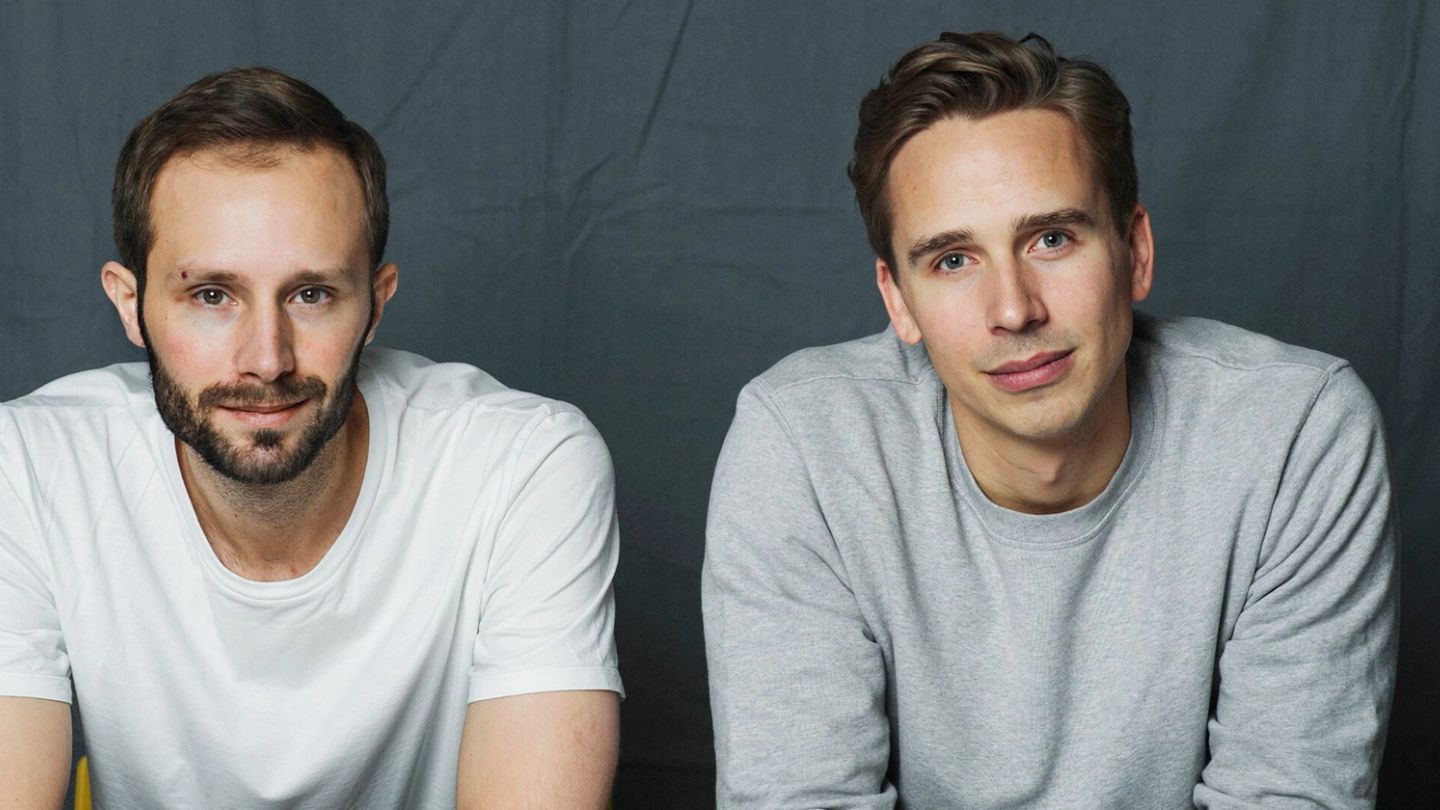
Words: Zoe Dickens
It’s no secret that fashion is one of the most polluting, environmentally unsound and ethically dubious industries in operation today. It seems paradoxical, then, that the solution to these problems may lie in launching new fashion businesses but this is exactly what August Bard Bringéus and Jakob Dworsky are trying to prove is possible with Asket.
Launched in 2015, Asket started life as a traditional fashion business with a mission to simply change the industry’s sizing practices – not revolutionise it from the inside out. Five years later, however, it has one of the most impressive sustainability and traceability charters in the business – and is thriving thanks to its affordable price points. “Above all, we want to show there is economy in slowing down, that you can run a successful business that doesn’t rely on exploiting natural and human resources,” explains Bard Bringéus. Here he tells us how they got there…
Where did the idea for Asket come from?
Jakob and I met at university, studying Business at Stockholm School of Economics. We went on to do stints at consultancy firms and FinTech start-ups but soon realised we wanted to create something with a lasting impact. Neither of us had worked in fashion before but we felt the industry was ready for a shake-up. Looking back now, not having any prior experience probably worked to our advantage. It gave us a healthy dose of naiveté and an outside perspective that allowed us to see industry rules and standard processes very differently.
Asket came out of our own frustration. We had grown tired of not being able to find the pieces we love and wear the most: timeless, well-fitting wardrobe essentials that transition trends. The ones you saw the likes of Steve McQueen and Robert Redford in 30 years ago but are still on point today. Instead shops were filled with clothes with fussy details, designs and colours that would be outdated come next season and you’d overpay for “quality” or pay too little for garments of dubious origin. We realised that the fashion industry was fuelled by fads and encouraged mindless consumption.
Why did you make the T-shirt your starting point?
It’s the most universal menswear essential. Jakob also had a lot of personal frustrations with T-shirts. He’s 190cm tall and slim; before Asket he was always between a medium and a large and would have to choose either a crop top or a night gown. The existing sizing system suits the industry and is designed to keep production costs down by squeezing as many people into as few sizes as possible. Instead we decided to offer 15 sizes – adding three lengths (short, regular and long) on top of the standard XS – XL sizing system – allowing us to cater to a much larger spectrum of body sizes and fit preferences. We thought it would be straightforward but it took us a year to refine our proprietary sizing.
How did Asket become a sustainable fashion brand?
Our initial idea was to create timeless wardrobe essentials full of quality, fit and craftsmanship. But with every garment we made it became clearer that we weren’t just making better items, we were actually changing people’s perspective on clothing. They started to consider garments an investment rather than something disposable.
As we learned more about the fashion industry, we saw how inherently exploitative it was. Fashion requires a huge amount of resources, leaves behind a lot of pollution and relies on a lot of skilled labourers, who often work in unsafe and unfair work environments. That’s when our mission shifted to transforming how the entire industry operates. That’s where we are today: we want to slow down fashion, establish a balance across the value chain and restore meaningfulness in our wardrobes.
How do you ensure products meet Asket’s stringent ethical and sustainable standards?
When we started out we were simply two guys with no contacts, Googling factories, visiting them before production and gradually building-up a network, as well as our understanding. We took the time to find and invest in skilled and seasoned suppliers, even for a single specific product, so that we could be confident in their working practices.
Now our dedicated product team has built a good network of trusted partners who, in turn, can often recommend the best mills, factories etc, so we’ve seen a positive chain reaction. We’ve also been proactive in finding manufacturing facilities that are predominantly based in Europe where there are stronger labour laws and more stringent rules regarding energy use and waste management. The proximity of the factories helps with collaboration too as we’re often on the floor looking to improve together.
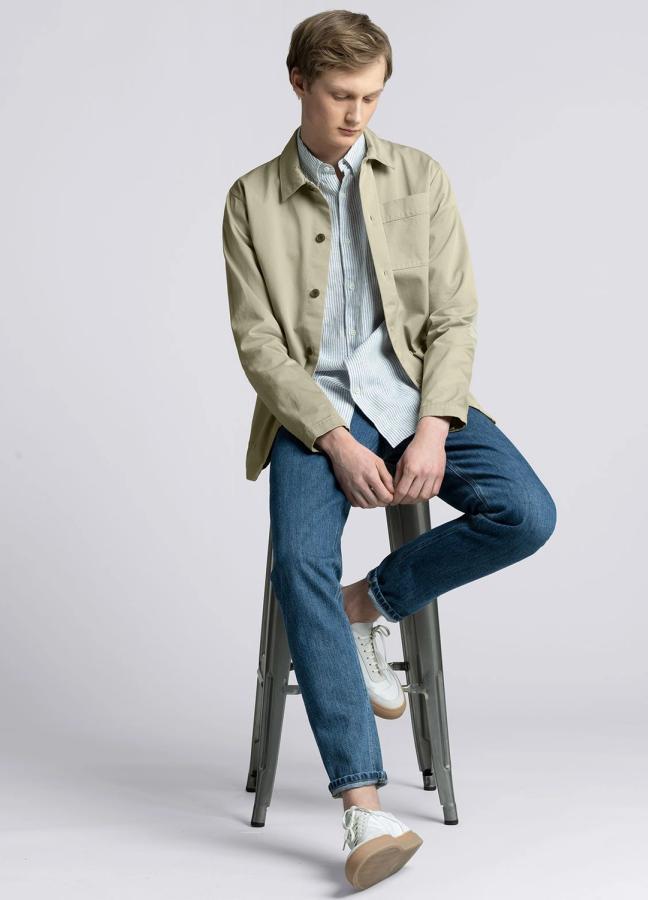
Encouraging people to buy less is antithetical to running a fashion brand. How do you balance your sustainability and ethical commitments with the basic necessities of owning a business?
We don’t see the two as mutually exclusive. The problem is that fashion has become too fast, constantly chasing trends and pushing multiple collections each season. Garments, products of delicate labour and precious resources, have lost their value at the expense of our society and planet. Our permanent collection is a simple concept – it’s not seasonal so clothes don’t get thrown out at the end of each quarter – but has unlocked a radical new way of working. There’s no overproduction or waste, we have the time and resources to become accountable for our supply chain and there’s no need for discounting to encourage snap shopping decisions.
The fashion industry could be a fraction of its current volume and waste, but the same size in terms of revenue and value, if brands followed a similar model: abandoning the concept of constant renewal, increasing the shelf life and total lifetime of a garment while charging an honest price that reflects the craftsmanship and resources that go into creating clothing. And while it might sound paradoxical (after all we are in the business of selling clothes), we’re steadfast in the belief that curbing fast-consumption habits is by far the most effective way to reduce fashion’s impact on the planet.
Recently there’s been a slew of initiatives, from conscious collections to off-setting programs, which, despite good intentions and efforts, are ill defined and can lead to more confusion than good. In response we launched the Asket Principles this year to create a framework that outlines our responsibility and how we approach every aspect of our business, with goals for the next 1-2 years, not lofty 10 or 20 year targets. Above all it holds us accountable. If we’re transparent in sharing our practices, goals and failures, we take ownership of them and our customers can make informed decisions about their purchasing habits.
How would you like to see the fashion industry transform in the future?
While we are starting to see small steps in the right direction, the fashion industry is still far from sustainable – and the pandemic laid bare the failings of fashion even further. The underlying issue is that brands are still producing way too many clothes, convincing us it’s normal to buy more than we need and enticing shoppers with low prices, when what the planet really needs is less.
To counter this, we would like legislation to accelerate the conversion towards lower impact business models, more accountability and stricter guidelines around greenwashing. The tipping point will come when an increase in consumer awareness coincides with harsher legislation in the fashion supply chain making responsible business financially sound for the industry as a whole.
How can individuals play their part in reducing fashion’s impact?
The single best thing we can do as individuals is simply to buy less. Opt for better, love your garments longer and truly appreciate what went into making them. We’re firm believers that it can be just as gratifying, and even liberating, to own fewer but better things.
Looking to make sustainable changes to your life? These are the best sustainable grooming brands…
Become a Gentleman’s Journal member. Find out more here.
